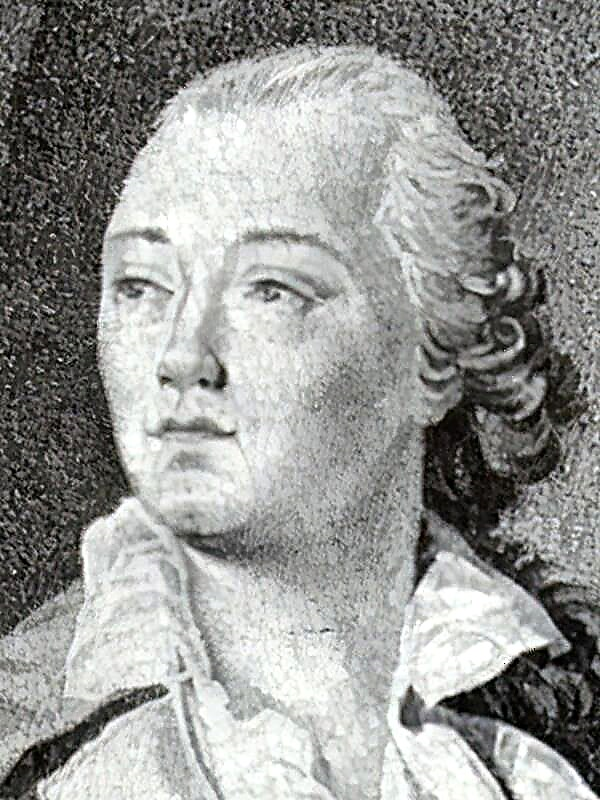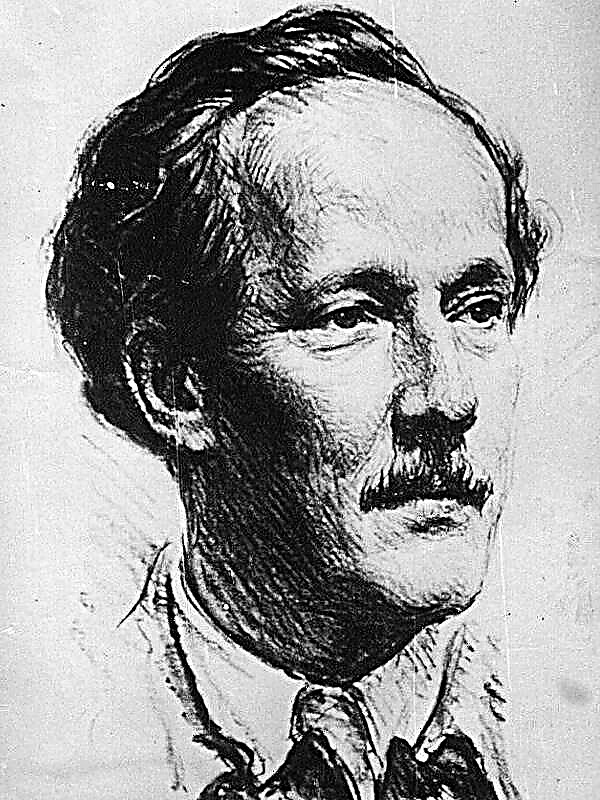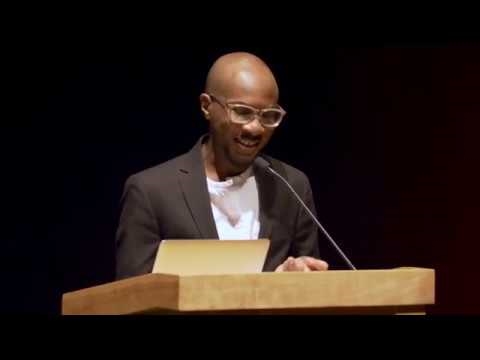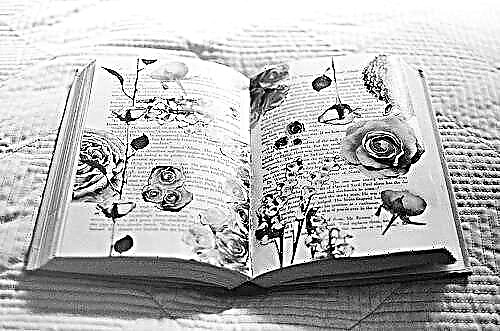(363 words) In childhood, people are encouraged to dream as much as possible. Many children live in illusions for years, and not every child parted with them when it comes time to start an adult life. Sometimes such uncontrollable dreams lead dreamers into impassable jungle of imagination, where they escape from reality. That is how I interpret Krylov’s phrase: he wanted to warn readers against wild and uncontrollable fantasies. To clarify my point, I will give literary examples.
In the poem of N. V. Gogol "Dead Souls" there is a hero who is buried in a dream all his life. This is Manilov, the landowner to whom Chichikov arrived at the very beginning of the book. This man is full of hopes and grandiose plans, for example, he wants to build a stone bridge over a pond and make an underground passage under the estate. However, his real life is very different from what he imagines. The manager robbing the master, the household is in decline, and on the site of the proposed bridge with benches and decorations there is not even an ordinary wooden bridge. The room in which he had been planning to put furniture since his marriage was still empty. The book, opened on page fourteen, has been gathering dust on the table for two years. Manilov did not control his dreaminess, and it grew so much that it replaced the real world. He lived in illusions that led to a dead end.
In the play “Woe from Wit” by A. S. Griboedov, the heroine dreamed of an ideal love union with the hero of her novel. Her father was an opponent of all education, so the girl plunged into frivolous books and could not distinguish fiction from reality. Her unformed nature took all these stories at face value and adjusted her life to them. Sophia chose Molchalin as her knight, who expertly played along with her fantasies. The girl did not control her dream, so for the sake of her she allowed herself to deceive her father. Illusions did not allow her to understand that Chatsky rightly ridiculed her gentleman, and then the heroine spread the rumor about the madness of the ill-wisher. As a result, the dreams brought Sophia too far, and their collapse led her to a public scandal. The blame for the uncontrolled imagination, which turned the hypocritical careerist Molchalin into a prince from another tale.
Thus, a dream really needs to be controlled, otherwise it can lead a person astray. This means that each of us is obliged to objectively evaluate what gives a passionate imagination to the court of reason. Dreams should be strictly checked for harmful illusions that strive to distort reality in our minds.

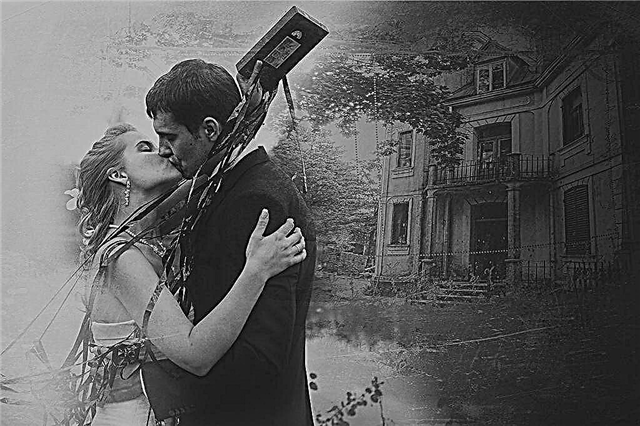

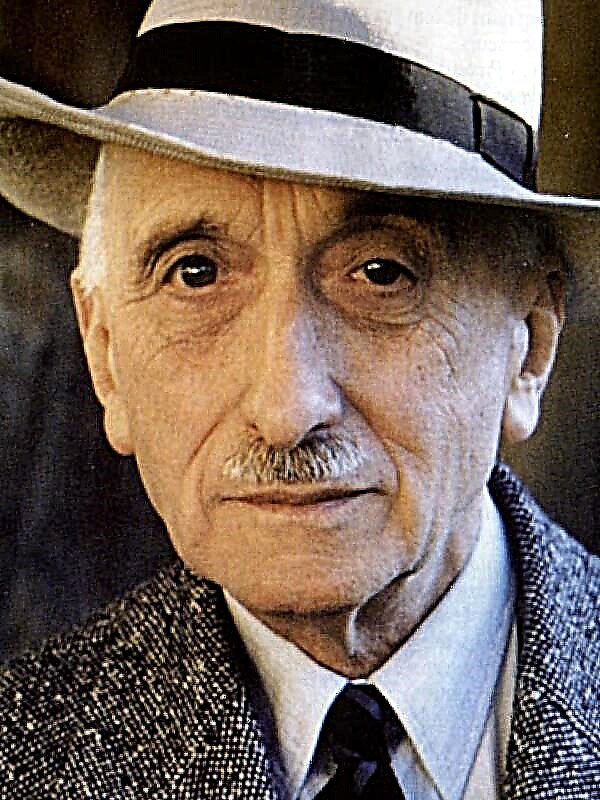

 twelfth Night
twelfth Night
